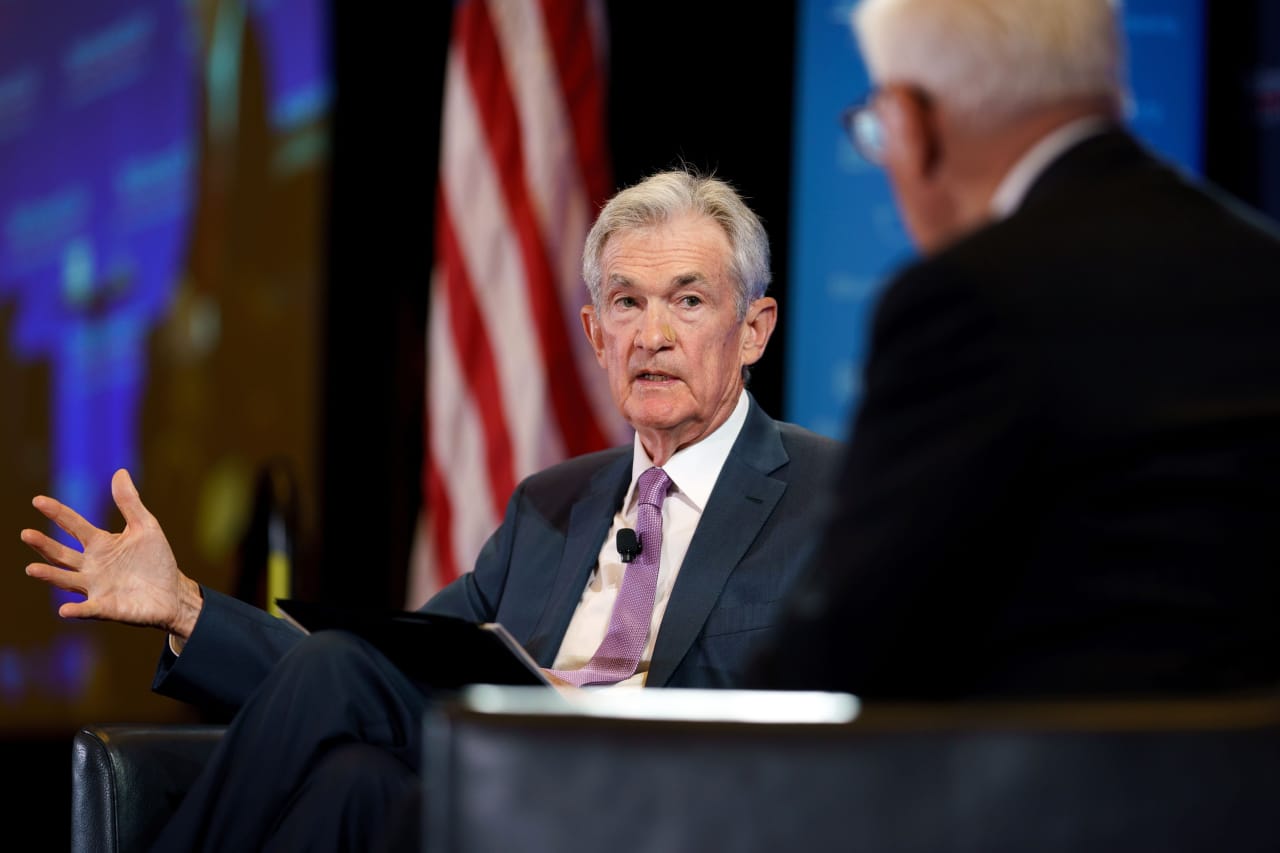
In the global economic system, the adjustment of monetary policy by the Federal Reserve has always been the focus of market attention. Whenever the economic environment changes, whether it is a slowdown in growth or inflationary pressures, the Federal Reserve will balance the economy by adjusting interest rates and other means. Especially during periods of good economic performance, the decision of the Federal Reserve to cut interest rates often attracts widespread attention and discussion.
In traditional thinking, interest rate cuts are often seen as a response to economic weakness, aimed at stimulating consumption and investment by reducing borrowing costs, thereby promoting economic growth. However, the Federal Reserve's decision to cut interest rates despite good economic performance is driven by complex economic logic and profound policy considerations.
Firstly, a good economy does not necessarily mean that all economic indicators are in optimal condition. For example, although the overall economic growth is strong, there may also be issues such as overcapacity, insufficient consumer power, or financial market fluctuations in certain industries. At the same time, interest rate cuts can also be used as a means of fine-tuning to solve these local problems and avoid overheating or foam.
Secondly, the Federal Reserve's decision to cut interest rates is also influenced by the global economic environment. In today's globalized world, economies of various countries are interdependent, and the Federal Reserve's monetary policy adjustments not only affect their own economies, but also have spillover effects on the global economy. Therefore, when the Federal Reserve cuts interest rates, it takes into account the global economic situation and the position and role of the United States in the global economy.
It is worth noting that there are three main reasons why the Federal Reserve cuts interest rates in a good economic situation. One is to prevent economic recession: a period of economic prosperity is often a precursor to economic recession. When economic growth reaches its peak, corporate investment may begin to decrease, consumer confidence may decline, and financial markets may also experience volatility. At the same time, the Federal Reserve reduces borrowing costs by cutting interest rates, encouraging businesses and individuals to increase investment and consumption, thereby prolonging the period of economic prosperity and preventing economic recession.
Secondly, dealing with financial market fluctuations: The financial market is a barometer of the economy, and its fluctuations indicate changes in the economic environment. When there is severe volatility in the financial market, the Federal Reserve may stabilize market sentiment and prevent the spread of financial risks by cutting interest rates.
Thirdly, balancing inflation and economic growth: Inflation and growth are the two major objectives of the Federal Reserve's monetary policy adjustment. During good economic times, inflationary pressures may gradually increase. In order to balance the relationship between inflation and economic growth, the Federal Reserve may choose to cut interest rates to reduce borrowing costs and curb further inflation.
In addition, the Federal Reserve's interest rate cuts have also had some impact on the domestic economy. For example, interest rate cuts may lead to the emergence of asset foam and the intensification of inflation; It may also trigger issues such as cross-border capital flows and exchange rate fluctuations. Therefore, during the interest rate cut process, the Federal Reserve needs to closely monitor changes in the domestic economic situation and take corresponding measures to address potential risks.
In summary, the Federal Reserve's interest rate cuts in a favorable economic situation are a complex and multidimensional decision-making process. This decision not only has an impact on the domestic economy of the United States, but also affects the global financial markets and economic system. At the same time, countries also need to strengthen communication and coordination to address the challenges and opportunities facing the global economy, and promote the sustained and healthy development of the global economy.

報告顯示,中國電力投資加速增長,預計2024年電網基建投資將超過5300億元。
近日,市場迎來了一則引人注目的消息:工業巨頭3M公司(MMM.N)在本周五公布了其季度業績報告,隨後股價飆升至近兩年來的
最近,外媒給OpenAI算了筆賬,今年可能要血虧50億美元。
近日,巴黎奧運會和世界鐵人三項協會聯合發布了一項重大決定,宣布因塞納河水質污染問題,原定於近期進行的奧運會鐵人三項首次下
當地時間7月18日,法國巴黎發生了一起令人震驚的持刀襲警事件。
近期,一則重大消息在國際舞臺上引起軒然大波,馬來西亞宣布加入金磚國家。
調查發現,互聯網和智能手機的使用幹擾了韓國近五分之一學生的生活。